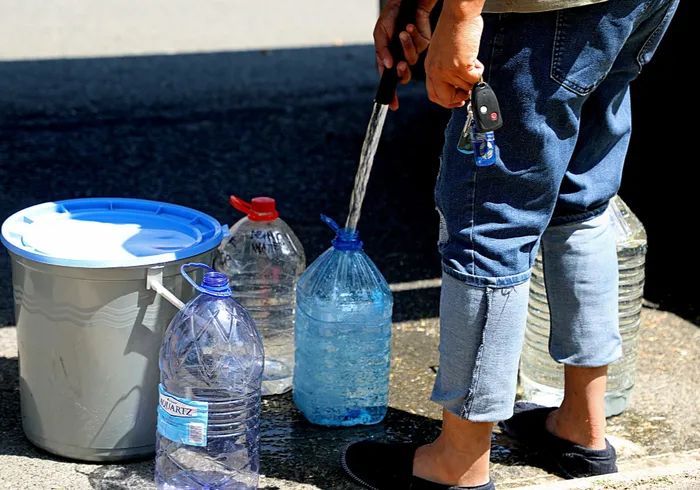
While the public has been advised to conserve water, this alone will not resolve the crisis. New funding methods are necessary, especially for the municipal water sector, which has historically struggled to attract private investment.
Image: File/ Timothy Bernard/ Independent Newspapers
South Africa's water infrastructure is facing a crisis due to ageing and poorly maintained systems. The rising demand from a growing population, along with the effects of climate change, has led to serious water shortages and quality problems.
In response, the government plans to establish a National Water Resources Infrastructure Agency to oversee national water assets. It is also investing in regional and small-scale water and sanitation projects through the water services infrastructure grant. Experts estimate that over R90 billion annually is needed to repair and upgrade existing infrastructure.
Unfortunately, this ongoing crisis impacts daily life. Households, businesses, and vital government facilities such as schools, hospitals, and clinics are affected.
For instance, the Malvern Clinic in East Johannesburg is often forced to close early due to water shortages, disrupting health services in the community.
The crisis is partly due to major repairs at the Alexander Park Reservoir in Kensington. Engineers say that a significant part of the problem stems from poor infrastructure maintenance, leading to the loss of over 40% of the water supplied to some areas through leaks and other non-revenue water losses.
However, according World Wide Fund for Nature, South Africa’s water challenges are not restricted to failing infrastructure. In fact, we are a water-scarce country, receiving only about half of the global average rainfall.
On top of that, our water isn’t evenly spread across the country; it’s concentrated mainly in our strategic water source areas (SWSAs), where most of our water comes from. The SWSAs that supply our rivers with freshwater are located in mountainous areas, such as the Drakensberg and Boland mountains, which receive high rainfall that feeds our dams and rivers.
The crisis is multifaceted.
While the public has been advised to conserve water, this alone will not resolve the crisis. New funding methods are necessary, especially for the municipal water sector, which has historically struggled to attract private investment.
Promoting policies like rainwater harvesting and greywater reuse can also aid in water conservation.
Let's work together to fight the crisis.